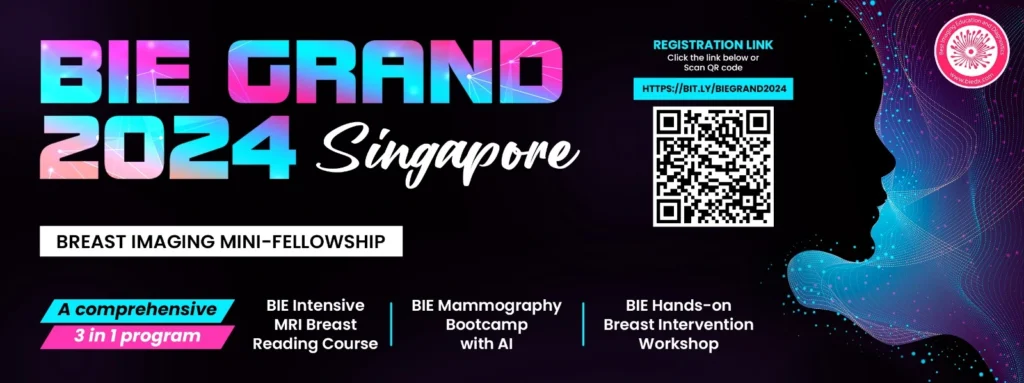Recent presentations at ECR 2024 shed light on the efficacy of abbreviated breast MRI not only in high-risk women but also in evaluating “pure” ductal carcinoma in situ (DCIS). This innovative approach offers a safe and streamlined alternative to conventional breast MRI screening exams, as discussed by presenters Dr. Tamara Suaris and Dr. Nurbanu Basdogan.
Abbreviated Breast MRI for High-Risk Screening:
Dr. Suaris, from St. Bartholomew’s Hospital in London, highlighted the benefits of abbreviated breast MRI for high-risk screening. Their study, conducted between 2018 and 2021, evaluated 236 shortened breast MRI exams, demonstrating comparable diagnostic accuracy to conventional protocols. The abbreviated protocol, consisting of six sequences, yielded a 100% negative predictive value and sensitivity, offering a cost-effective and efficient option for high-risk breast cancer screening.
Streamlined Workflow and Diagnostic Accuracy:
The abbreviated protocol not only ensures patient safety but also streamlines radiology department workflow, with an average reading time of just 69 seconds per exam. Despite a slightly higher recall rate compared to full protocols, the abbreviated MRI maintained high sensitivity and cancer detection rates, making it a feasible option for high-risk screening, as emphasized by Suaris and colleagues.
Detection of Pure DCIS with Abbreviated MRI:
In another presentation, Dr. Basdogan of Istanbul University presented findings on the detection of pure DCIS using a shortened MRI protocol. Their study, conducted between May 2021 and October 2023, demonstrated high sensitivity in identifying pure DCIS cases using an abbreviated protocol consisting of T1-weighted imaging without contrast, T1WI with first-minute contrast, and a one-minute subtraction image.
Conclusion:
The presentations at ECR 2024 underscore the growing significance of abbreviated breast MRI in both high-risk screening and DCIS detection. With comparable diagnostic accuracy to full protocols and shorter scan times, abbreviated MRI offers a promising avenue for improving breast cancer screening outcomes and patient care.
For those interested in further exploring advancements in mammography and AI, consider checking out the BIE mammography boot camp with AI online 2024 for additional insights and training opportunities.




